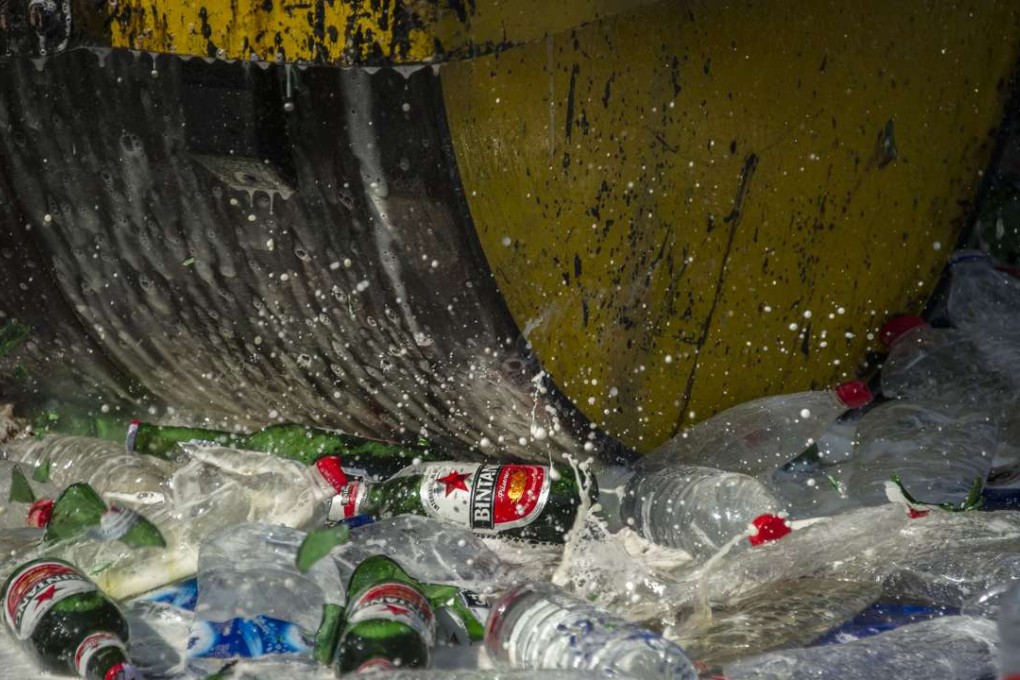On Reflection | Indonesia’s got a drinking problem – Muslim hardliners who want to ban alcohol
A bid by Muslim hardliners to introduce prohibition nationwide would kill not only Indonesia’s tourist industry, but its image as a tolerant, secular state

In all my half-century of drinking, I have only once encountered a pub with no beer. Ironically, that was the Macbeth Arms in the small Scottish village of Lumphanan, where my hallowed ancestor was slain by Malcolm III in 1057.
There was a reason, of course. It was inconveniently closed for renovations.
Imagine my horror then, when on a road trip along the northern Java coast to cover Indonesia’s 2014 presidential elections, I inadvertently stopped for the night at what turned out to be a TOWN with no beer.
Demak (Pop: 33,700), the site of one of Indonesia’s oldest mosques, is one of a growing number of towns and cities across populous Java that have quietly banned the sale of alcohol.

The next could well be Surabaya, the country’s third largest metropolis. But Muslim hardliners, who since the birth of the democratic era have nibbled away at Indonesia’s secular traditions, want to take it further and introduce prohibition nationwide.
If Indonesia was ever to shoot itself in the foot, this is it. Not only would it kill off the tourism industry and deter outside investors, but it might well trigger a rebellion on the resort island of Bali where foreign holidaymakers are its economic lifeblood.
